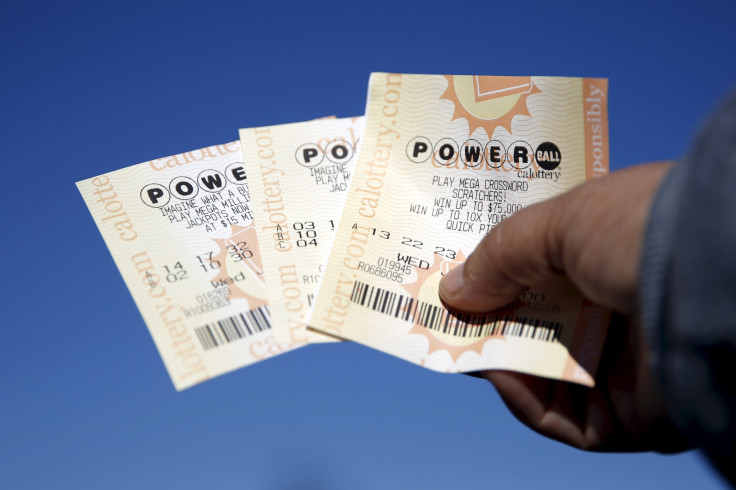Winning The Lottery: The Real Reasons Why Winners Go Bankrupt

For many, winning the lottery is a once-in-a-lifetime dream, easing financial burdens and setting them up for a life of luxury.
At least, that's what netting hundreds of millions in one fell swoop seems to promise.
The reality of winning the lottery is a lot less dreamy. One estimate found that lottery winners are more likely to declare bankruptcy within 3-5 years than the average American. But why — with seemingly all the money one could ever need — is this the case?
First, there’s the issue of actually getting the money. According to one report, if just one person were to win a $1 billion lottery, their options would be to receive a $565 million lump sum, or weekly payments adding up to $1 billion over 30 years which get progressively higher.
Second, of course, is taxes. Outside of places like Texas, Florida, and New York City which have their own lottery tax, the federal government would take $135 million out of that lump sum payment. Suddenly, $1 billion has dwindled down to $430 million.
Beyond taxation, there’s the issue of how the money is handled. According to a 2001 report by economists Guido Imbens, Bruce Sacerdote and statistician Donald Rubin, most winners tend to overspend and only save 16 cents for every dollar. Without proper saving or investing, lottery winners tend to delay financial troubles, not solve them.
Considering that the average age for lottery winners is in the 30-39 range, and that the average life expectancy in the U.S. is about 79 years old, winners would have to spend only $25,000 per day from a $400 million lump sum to make the money last without saving it. Blowing all the money on a lavish lifestyle and luxuries leaves most lottery winners right back where they started.
“They head into it without a plan and probably react too emotionally,” Joe Correnti, a senior vice president at Scottrade, said in a Bankrate report. “The winner needs to figure out day-to-day cash needs, insurance needs and emergency needs before anything else.”
© Copyright IBTimes 2024. All rights reserved.




















